Ever buy something online that broke a day or two after you pulled it out of the box? Or maybe it wasn't even close to what the seller said you were going to get on its website?
If you paid with a credit card and the goods were truly shoddy or, worse yet, you were billed twice for it on your statement -- which is not all that uncommon -- fear not. The law is on your side.
That law is the Fair Credit Billing Act (1975) and its primary goal is to help you when there is an improper charge on your credit card bill. There's a lot to the law but here's the normal procedure for disputing a credit card charge:
Although you could start by calling your bank the best first step is usually to contact the merchant directly to explain what happened. The merchant's phone number is often listed right on your credit card statement. Merchants know about your dispute rights so they often want to resolve the issue directly.
If that doesn't work, contact the bank that issued your credit card and ask for a "charge-back". The bank's number will be printed on the back of your card. How much help you get will depend on your bank's internal policies but your bank will often act as an ally in your fight. But all banks legally doing business in the US are required to have a dispute procedure.
Some card issuers will remove the charge from your bill while the dispute is pending but this may depend on the transaction processor (Visa or MasterCard, e.g.).
It will help if you can keep written records of what you do, especially any contact you had with the merchant. These days it's pretty easy to send an email to a seller outlining your side of the story and that email is proof that you had a genuine complaint. Merchants and their banks will often not even fight over a small amount ($40 or less) but don't assume you can make a frivolous claim over any small charge on your bill. First, it's fraud to make a false dispute and even if you get away with it it's not good for the soul. Second, merchants have to deal with charge-backs enough that they sometimes use services to track folks who abuse the dispute process, which might hurt you later.
If your dispute is unsuccessful, your only resort may be to hire a lawyer, assuming the amount at stake is worth that expense. But unless your complaint is over something relatively minor -- such as a slightly bent cover on a book shipped to you or an electrician who took an extra day to do the work -- exercising your rights to dispute a bill is likely to get results.
The laws surrounding "charge-backs" are somewhat complex but you don't need to be a legal expert to take advantage of your legal rights. As with most things in life, you'll learn by doing.

